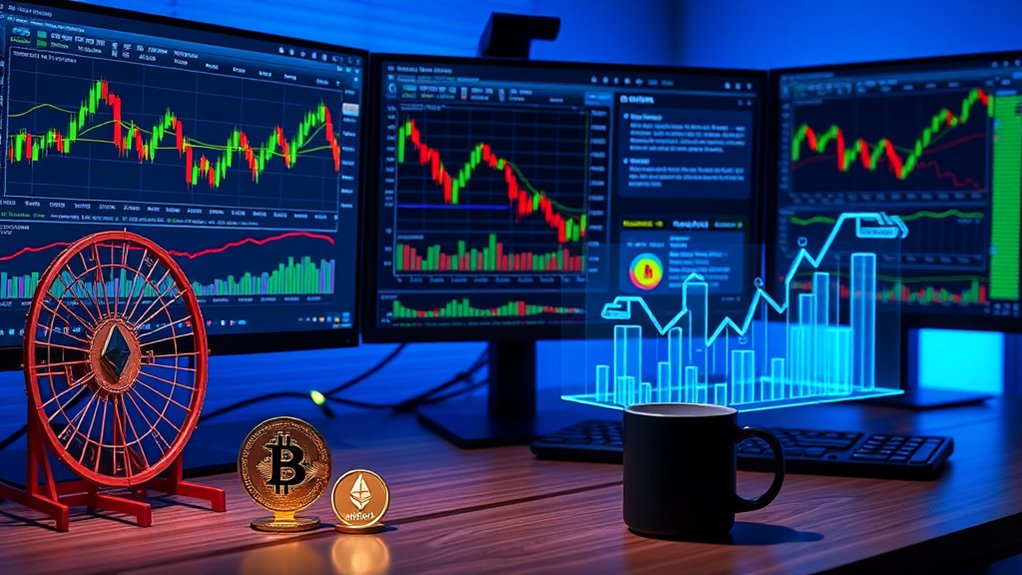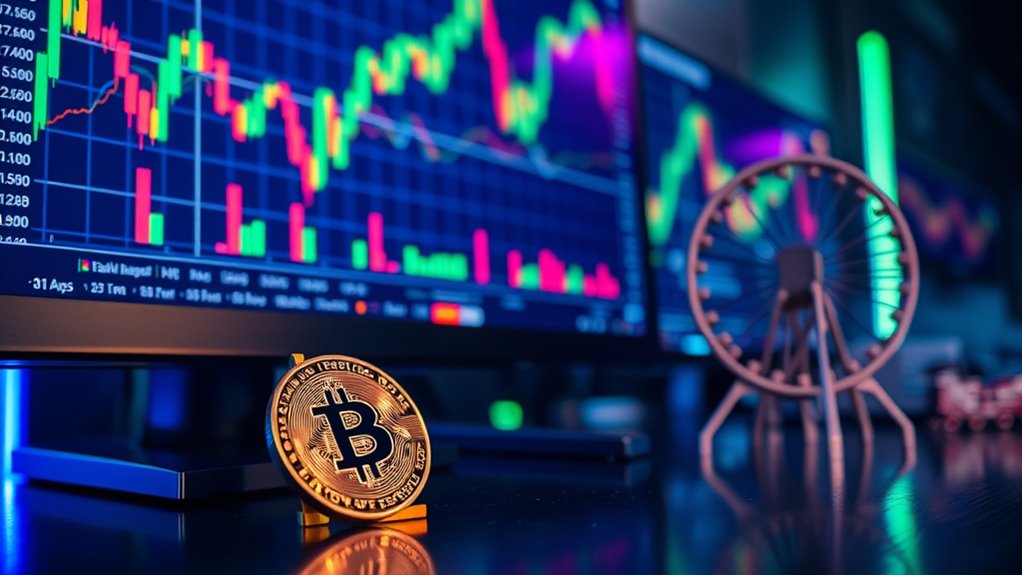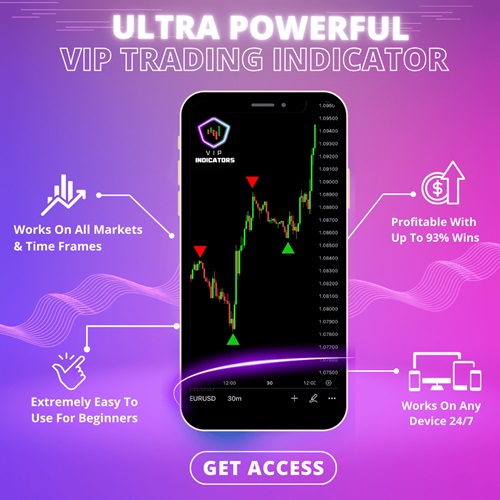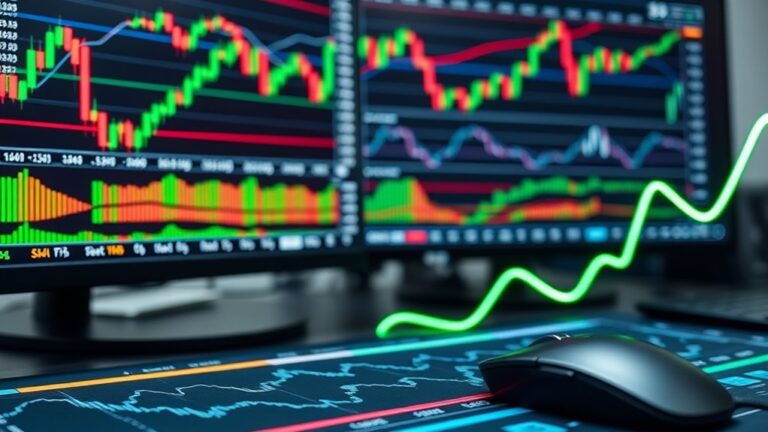Understanding Crypto Futures Contracts
Note: This post may contain affiliate links, and we may earn a commission (with No additional cost for you) if you purchase via our link. See our disclosure for more info. The gold and crypto world is constantly changing. This is not financial, investment, legal, or professional advice. So, please verify the information on the gold and cryptocurrency provider’s websites.
Crypto futures contracts are basically bets on where cryptocurrency prices will land in the future. No need to own the crypto; just trade the values. These contracts can be as fixed as your school schedule or perpetual, which might feel like an endless math class. Traders get the thrills of speculation, but watch out! Leverage can turn a small win into a massive loss. Think you know the risks? Stick around, secrets about trading dynamics await!

When it comes to trading in the wild world of cryptocurrency, futures contracts are like the roller coasters of the financial landscape—thrilling, unpredictable, and a little terrifying. These contracts are fundamentally agreements to buy or sell cryptocurrencies at set prices on future dates. Sounds straightforward, right? But don't be fooled. They derive their value from assets like Bitcoin or Ether, and you don't even need to hold these assets to play the game.
Crypto futures serve a few main purposes. Traders use them to hedge against risks, speculate on price movements, or engage in arbitrage to exploit price discrepancies. It's a mad dash for profit, and guess what? Contracts can settle through actual delivery of the cryptocurrency or just cash transfers. Talk about a wild ride!
Traders dive into crypto futures to hedge risks, speculate wildly, or capitalize on price gaps—it's a thrilling profit chase!
Now, let's talk mechanics. There are expiration dates for fixed contracts, while perpetual contracts have no expiration. They use funding rates to keep prices in check. Traders need to meet margin requirements, or they risk facing margin calls or liquidation. Additionally, traders can utilize standardized contracts to lock in specific prices, thus providing a degree of stability in a volatile market. One of the key benefits of these contracts is that they aid in hedging, price efficiency, and discovery.
And for those who fancy themselves high rollers, leverage allows them to control larger positions with less capital. But remember, it's a zero-sum game. One trader's profit is another's loss.
There's an array of contract types, from perpetual futures with no end to micro futures for those wanting a taste of trading without diving headfirst into the deep end. The benefits are enticing: hedging against volatility, amplifying potential gains, and lower fees compared to traditional spot trading are just a few. Using profit calculators can help investors determine potential returns before entering a futures position.
But here's the kicker—extreme volatility can turn a promising trade into a nightmare, especially if you're leveraged.
Frequently Asked Questions
What Are the Risks of Trading Crypto Futures?
Trading crypto futures? Buckle up. High leverage can turn a small dip into a disaster, wiping out funds faster than you can say “liquidation.”
Market volatility? Expect wild price swings; you might just lose your shirt overnight.
Let's not forget emotional trading—fear and greed are terrible advisors.
And if you think you can dodge tax implications, think again. The risks are real, and they don't care about your feelings.
How Are Crypto Futures Prices Determined?
Crypto futures prices? Well, they're like a wild rollercoaster ride.
Spot prices lead the charge, but volatility can send futures off the rails. Market sentiment and supply-demand dynamics play big roles.
Oh, and let's not forget funding rates—they're the glue trying to keep everything in sync.
Sometimes futures trade at a premium, sometimes a discount. It's a chaotic dance of numbers, and good luck figuring it all out!
Can I Trade Crypto Futures With a Small Capital?
Absolutely, small capital can dip its toes into crypto futures.
Think micro contracts; they're like baby steps. With lower entry costs, traders can manage risks better.
Sure, leverage can seem tempting, but it's a double-edged sword. Too much and you're toast. Keep an eye on those margins.
It's all fun and games until liquidation knocks.
What Happens if a Futures Contract Expires?
When a futures contract expires, things can get a bit messy.
If you haven't closed your position, brace for forced settlement. That means cash settling—goodbye to any hopes of physical delivery. The exchange swoops in, deciding your fate based on the final price.
Missed the deadline? Tough luck. You might face margin calls if your collateral isn't enough.
Are Crypto Futures Regulated by Any Authority?
Yeah, crypto futures are indeed under the watchful eyes of some regulatory bigwigs.
The CFTC treats them like commodities, while the SEC steps in for anything that smells like a security. FinCEN? Oh, they're all about anti-money laundering rules.
But here's the kicker: regulations vary wildly across states and countries. Some places have no clue what to do, while others impose strict rules.
It's a real patchwork of chaos out there.











